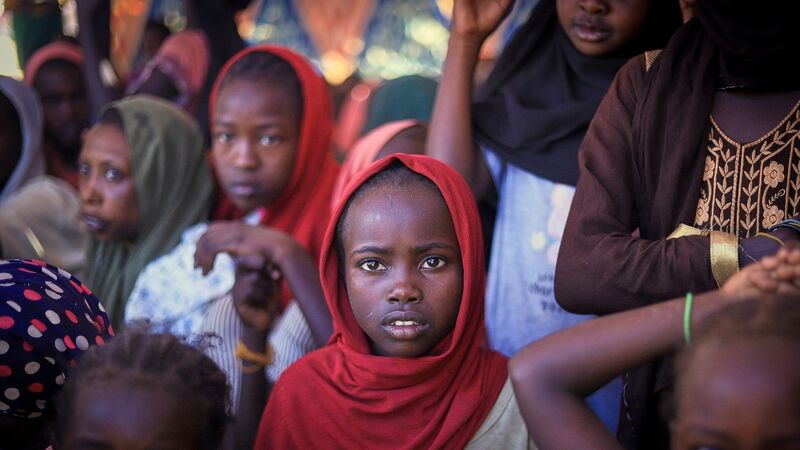Millions at risk of starvation in Sudan's forgotten crisis

Displaced women and children from El Fasher at a camp where they sought refuge from fighting between government forces and the RSF, in Tawila, Darfur region, Sudan. Picture: AP
Sudan, once known for its ancient pyramids and rich culture, now faces the largest humanitarian crisis in the world today. One of staggering proportions, it is often referred to as a forgotten crisis but it is now rather one that is conveniently ignored among the many that proliferate around the world.













